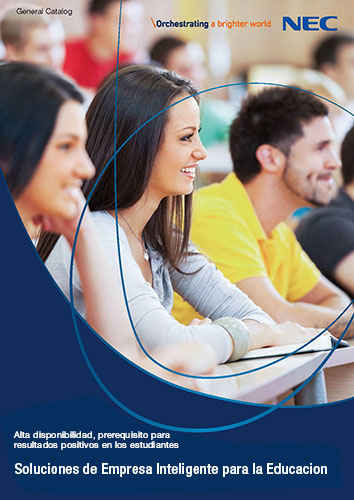NEC High Availability Solutions for Education

New learning opportunities are shifting conventional boundaries surrounding the academic experience. The growing popularity of non-traditional classroom alternatives has motivated schools to view their IT system as a strategic differentiator, enhancing their educational offerings. Applied educational experiences and advanced mobile technologies are improving teaching effectiveness and learning outcomes. Cloud computing, big data, social media and mobile apps are empowering administrators and educators to enhance and broaden the learning experience. The proliferation of digital media promotes instant communication shaping the perspectives of students, parents and educators. Access to advanced technologies plays a role in attracting and retaining the best teaching and administrative teams, and strengthening a school’s reputation. Distance learning online has extended the reach of student access to quality education, and given schools the ability to offer MOOC (massive open online courses) without classroom size limitations. These sessions include not only traditional course materials, such as lectures, resource materials and testing, but also interactive student forums that support collaboration between students and educators.